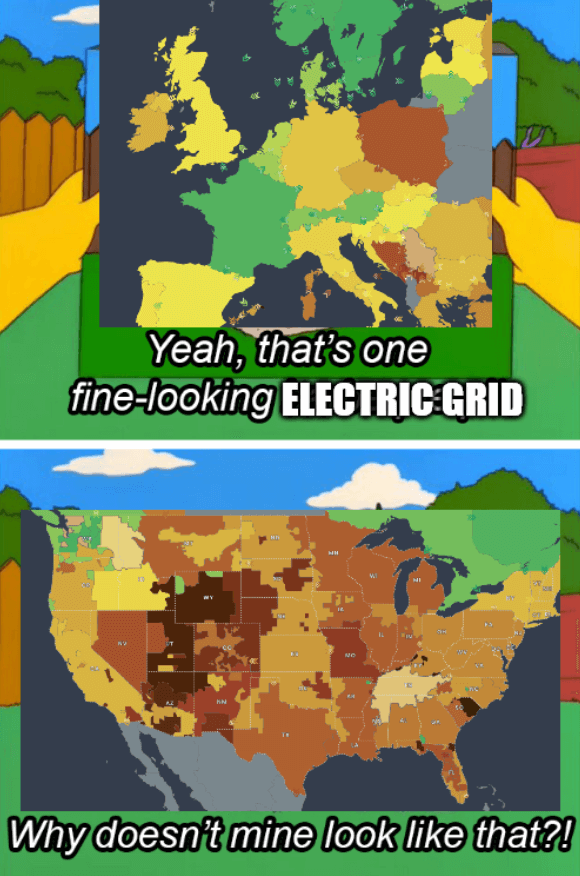this post was submitted on 19 Jul 2024
392 points (95.0% liked)
memes
14074 readers
3848 users here now
Community rules
1. Be civil
No trolling, bigotry or other insulting / annoying behaviour
2. No politics
This is non-politics community. For political memes please go to !politicalmemes@lemmy.world
3. No recent reposts
Check for reposts when posting a meme, you can only repost after 1 month
4. No bots
No bots without the express approval of the mods or the admins
5. No Spam/Ads
No advertisements or spam. This is an instance rule and the only way to live.
A collection of some classic Lemmy memes for your enjoyment
Sister communities
- !tenforward@lemmy.world : Star Trek memes, chat and shitposts
- !lemmyshitpost@lemmy.world : Lemmy Shitposts, anything and everything goes.
- !linuxmemes@lemmy.world : Linux themed memes
- !comicstrips@lemmy.world : for those who love comic stories.
founded 2 years ago
MODERATORS
you are viewing a single comment's thread
view the rest of the comments
view the rest of the comments

~~You are right, but in this specific chart, they don't include things like building the facilities, mining the materials etc. They just use the CO2 released whilst producing power, which with nuclear is very low. You can click on the chart and zoom in on the data, it's pretty cool.~~ (This is wrong, see edit)
The whole Germany situation is very complex and I was just jabbing, I live very close to Germany and work in Germany part of the time so I know something about it (but probably not everything). To me phasing out the nuclear wasn't that much of an issue, but it could have been done way slower to make sure renewables filled the gap. Buying gas from Russia with the war in Ukraine is going on permanently hurt my soul.
Quickly phasing out nuclear is also a big middle finger to the countries in Europe that are looking to expand their nuclear power, but run up against long lead times. They would have gladly bought nuclear energy from Germany, which would mean way shorter lead times and prevent a lot of extra CO2 during construction of new facilities. Whilst building new big nuclear probably isn't useful in combatting climate change, getting the most out of existing nuclear would have been.
The fuel coming from Russia isn't as big of a deal to me, as there are plenty of sources around the world to buy from. With the amount of gas we've bought from the US recently, we could have easily bought some nuclear fuel as well. Now all these sources have their issues, I don't like being beholden to the US and places like Niger or Namibia can have human rights issues.
Obviously nuclear isn't the future and needs to be phased out, but in my mind this meant decades yet and not the rushed phasing out Germany did.
Edit: Just checked the source, they actually do include things like mining of the fuel, construction of the facilities, transport of the fuel etc. into the CO2 calculation. Nuclear just blows everything out of the water in terms of CO2. Only renewables come close, but in terms of CO2 nuclear is the best.
Yes, the map sources try to include the CO2 emissions of all the chain.
When doing that you see that nuclear still has very low emissions. Nuclear is a lot of CO2 emissions for construction but after that there is not much. The fact that most of the French nuclear reactor are almost 40 years old means that the impact of construction is already diluted.
Uranium mining is polluting, yes, but you need so little that it does not really have a big impact on the CO2/kWh ratio. 1kg of natural uranium produce as much energy as 14,000kg of coal !
What is interesting on this map is that right now the green countries either have a lot of nuclear, a lot of hydroelectricity or both. Country with a lot of wind and solar struggle to meaningfully lower their CO2 emissions. I think it will come but right now the backup power used for when solar and wind production are low is often polluting and counterbalance the low emissions of renewable energy.
Spain has lots of solar and wind and is fairly green.
The yearly average for Spain in 2023 is 160g CO2/kWh (yellow).
25% of their electricity was produced with wind, 22% nuclear, 16% solar and 10% hydro. And also 22% of gas that brought their CO2 up.